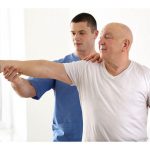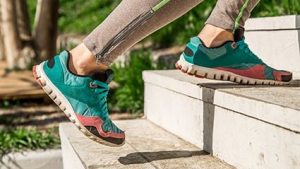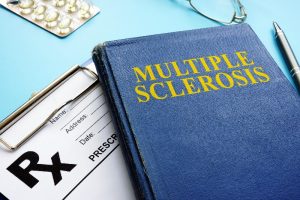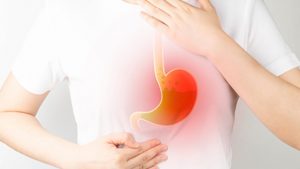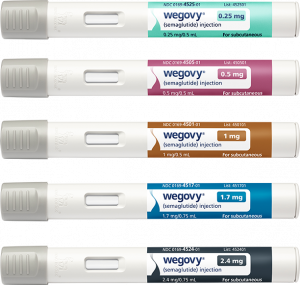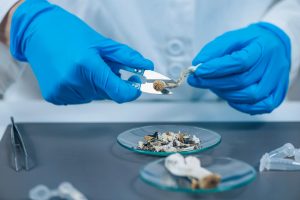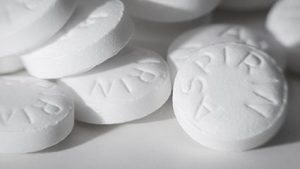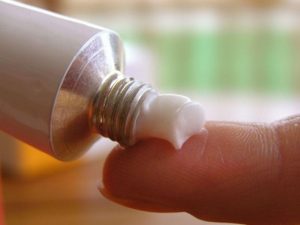
Colon cancer continues to rise among younger U.S. adults, with the American Cancer Society reporting a doubling of cases in people younger than 55 in about 25 years. Also, significantly more Americans are being diagnosed with advanced stages of the disease, the cancer society says. As of 2019, 20% of colon cancer cases occurred in adults under age 55 — up from just 11% in 1995, according to the new report. Moreover, researchers found that the proportion of people diagnosed with advanced-stage cancer reached 60% in 2019, up from 52% in the mid‐2000s. The rate of advanced disease was 57% in 1995 before widespread screening was available. Cancer experts are baffled, especially since numbers are declining in the overall population. “We don’t know what is driving the increase in colorectal cancer among young people,” said senior researcher Dr. Ahmedin Jemal, senior vice president for surveillance and health equity science at the cancer society. “There is a lot of research going on. Some people say it’s probably obesity or changes in diet over the past decades that might be a reason, but really, we don’t know exactly what causes this rapid rise in colorectal cancer incidence rates,” he said. This year more than 153,000 Americans will be diagnosed with colon cancer and 52,550 will die from the disease, the researchers note. Screening is the best protection… read on > read on >











